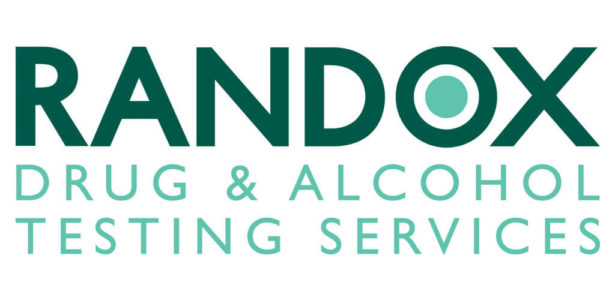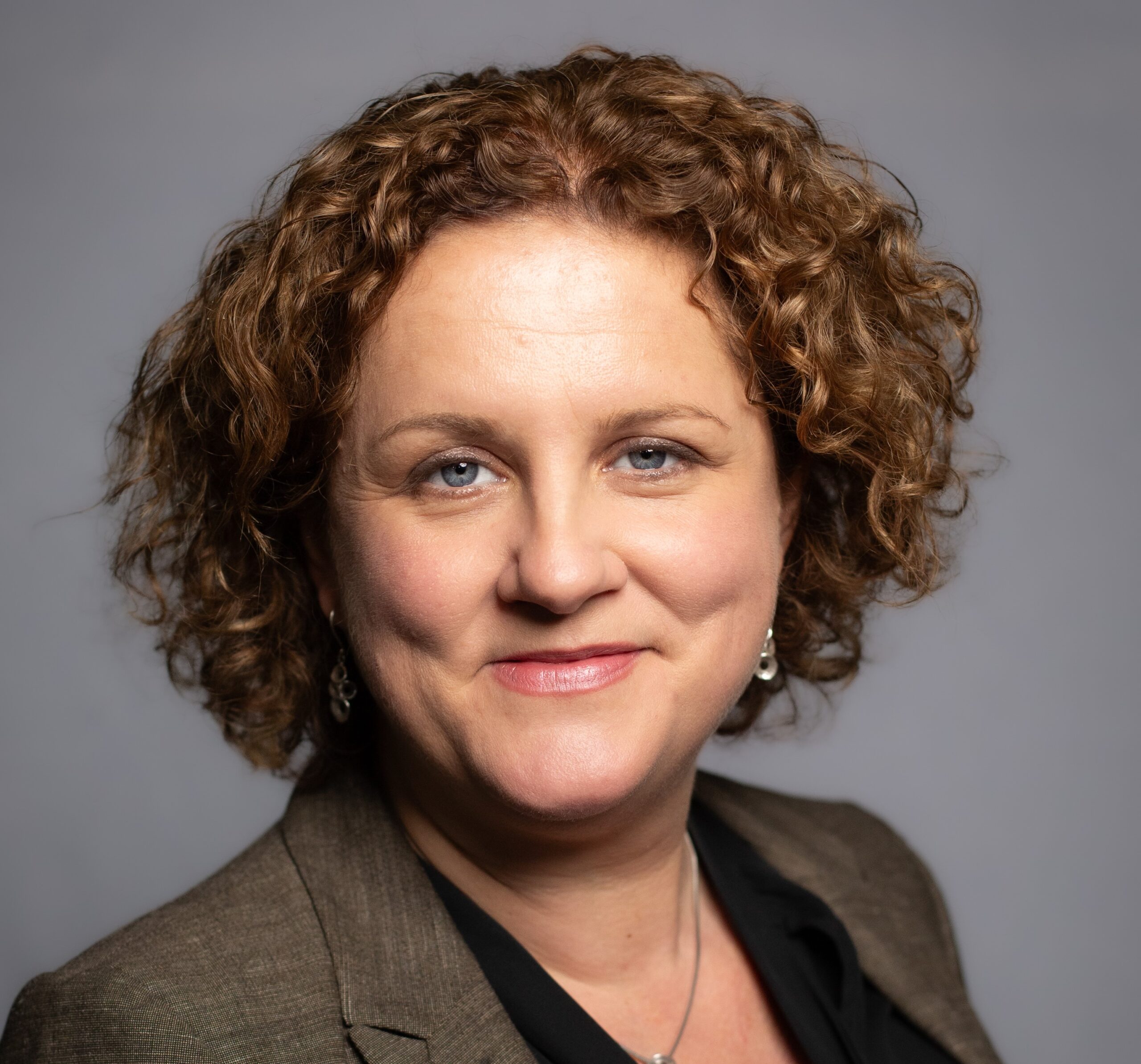Julia Mulligan comments on the status of the police investigation into data manipulation at Randox Testing Services

Julia Mulligan, Police and Crime Commissioner for North Yorkshire, said: “This is one of the most serious issues I have come across during my five years in this role, with far reaching consequences both locally and nationally.
“As Chair of the Local Criminal Justice Board, I am well-placed to continue to liaise with partners to seek reassurance that cases in North Yorkshire are prioritised appropriately and that as far as possible the impact is kept to a minimum.
“I also want to reassure the public that whilst there are a high number of cases involving North Yorkshire Police, this is because of the robust and proactive nature of roads policing in our county, which will continue.
“With my national hat on, as the PCC lead for transparency and integrity, I am also reassured by the good work done to date in managing this very serious issue. As you can imagine, I will continue to keep a close eye on it, as we move forwards. However, the situation does raise many questions about the capacity of the ‘system’ and it is clear we all need to work together to deal with some of the issues exposed.”
National comments
Responding to today’s update from the NPCC on the status of the police investigation into data manipulation at Randox Testing Services, APCC Transparency and Integrity Lead, Julia Mulligan PCC, said:
“The impact of the police investigation into data manipulation at Randox Testing Services is profound. Understandably, confidence in the criminal justice system will be rocked, but I am confident that Chief Constables and the CPS in particular are doing everything they can to deal with this unforeseeable challenge, affecting both live and historic cases.
“I am sure PCCs will want to take steps locally to reassure themselves that local cases are being prioritised and resolved as appropriate. I will also work with partners nationally to make sure lessons are learned, and that this very serious matter continues to be managed effectively.
“The vast majority of the 10,000 cases called into question relate to drug-driving incidents, but some cases involve the most serious of crimes. No doubt as I am in North Yorkshire, Police and Crime Commissioners across England and Wales will take steps to ensure any victims adversely affected by these developments receive the support they need.
“Both at a national and local level Police and Crime Commissioners will work with partners to understand the consequences of this police investigation, manage the fallout and ensure normal service is resumed as quickly as possible.”
APCC Public Engagement and Community Confidence Lead, Mark Burns-Williamson PCC said:
“The seriousness of the situation involving Randox Testing cannot be underestimated.
“I know all agencies, including the National Police Chiefs Council (NPCC), the Crown Prosecution Service (CPS), the Association of Police and Crime Commissioners (APCC), and many others are working together to ensure we can maintain and sustain the confidence the public have in our criminal justice system.
“In my role as APCC lead on the Transforming Forensics programme I am working closely with my Chief Constable and the NPCC to ensure that we are doing everything we can to identify the most serious cases and we stand ready to support anybody potentially affected by this news.
“I know that is the case being replicated across the country with PCCs and CCs working together with partners to ensure support is available for those affected.
“Having a Criminal Justice System that is fair and transparent is paramount and we all need to collectively work together to ensure that remains the case and that we retain faith in our justice process.
“The developments in forensics has transformed the investigation of crime. Now working together we need to ensure essential forensic science work continues but with even stronger safeguards in place to ensure the integrity of data, that impacts on victims, witnesses and those accused of committing crimes, is never compromised.”
